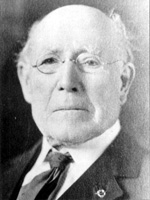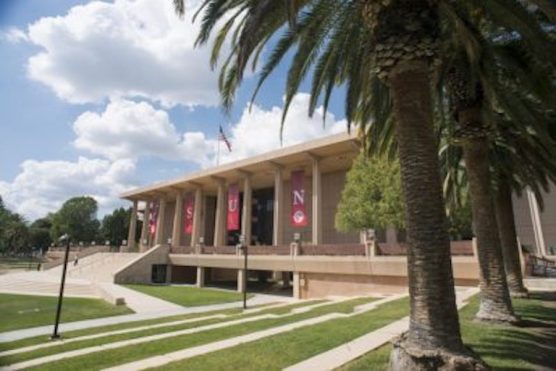Hidden cultural gems from Mexico and El Salvador will be uncovered during a lecture series at California State University, Northridge, hosted by the Tom & Ethel Bradley Center.
The series will highlight research by anthropology professor Laura Roush from El Colegio de Michoacán, Mexican film director Everardo González and Carlos Henríquez Consalvi, director and founder of the Museum of Word and Image.
The series is part of the Bradley Center’s effort to promote research and contribute to educational efforts through exhibitions, programs and digital archives.
The speakers will present their work at separate events. Each presentation will run from 2 to 4 p.m. in the Ferman Presentation Room of the Delmar T. Oviatt Library, located at the heart of the campus at 18111 Nordhoff St. The public is invited to attend.
“The spring lecture series will show different ways of seeing hidden cultural elements,” said José Luis Benavides, director of the Bradley Center. “The series will illuminate society’s blind spots in Mexico and El Salvador — and by extension, help us find ways to shed light on those blind spots on the visual history of the communities we serve at CSUN.”
On Friday, Feb. 23, Roush will present her photo essay — a series of photographs meant to spark emotions in viewers — “Offerings from Prison: A Collaborative Photo Essay at a Santa Muerte Altar.” Her presentation will feature pictures of anonymous sculpture offerings to Santa Muerta (Saint Death) at a public altar in Mexico City. The project is a collaboration between Roush and the altar keeper, Doña Enriqueta Romero.
González will present his award-winning film, “Devil’s Freedom,” on Friday, March 9. The film explores the consequences of the Mexican drug war with testimonies from victims, perpetrators of violence, policemen and soldiers. A Q&A with González will follow.
“[González] covers the faces of the subjects he portrays in his latest film, to uncover what Mexicans involved or affected by the violence really think and cannot say in public,” said Benavides.
Consalvi will end the series on Friday, April 6, with the showcase, “Memory, Culture and Identity in El Salvador.” The presentation highlights the museum’s role in exploring the memory, social justice, human rights and non-official histories. Consalvi created the collection to help Salvadorans build a better future by showing their hidden history, said Benavides.
People with disabilities needing assistance can email library.event@csun.edu or call 818-677-2638 in advance for arrangements.
The events are co-sponsored by the Oviatt Library, the Department of Chicana and Chicano Studies and the Department of Journalism.
The Bradley Center’s mission is to collect, preserve and disseminate the visual history of ethnic minority communities and photographers. The center’s archives contain more than 1 million images from Los Angeles-based freelance and independent photographers from the 1930s to the present. Approximately 80 percent of the collections are comprised of African-American photographers in and near Los Angeles.
The Bradley Center is the only repository for photographs before 1993, from the Los Angeles Sentinel. The Border Studies Collection examines the issues surrounding the border between the United States and Mexico. Through photographic collections, oral histories, manuscripts, videos, newspaper archives and guest lectures, issues such as immigration, human rights, globalization and economic violence are examined. CSUN’s Bradley Center is now partnered with the Oviatt Library and has made more than 17,000 digital images available online, with new images added regularly.
Like this:
Like Loading...
Related





 Tweet This
Tweet This Facebook
Facebook Digg This
Digg This Bookmark
Bookmark Stumble
Stumble RSS
RSS
































REAL NAMES ONLY: All posters must use their real individual or business name. This applies equally to Twitter account holders who use a nickname.
0 Comments
You can be the first one to leave a comment.